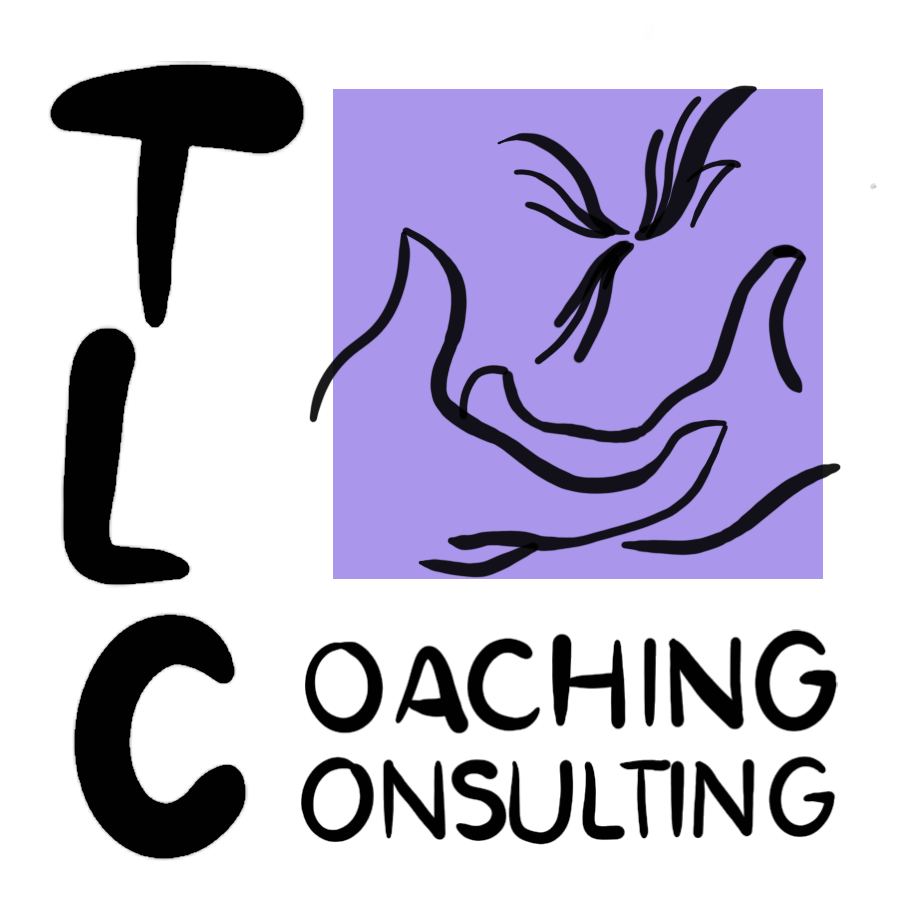Feeling Connected (through self and others)
I learned a tool that - though I used it for a while at one point in my life - has been sitting dusty in my spiritual toolbox for multiple decades. Maybe I wasn’t ready for the full impact of this tool. Maybe I didn’t have enough puzzle pieces clicked together to make much sense of it. All I know is, I haven’t used it for a while, and - with the current social and political climate in mind - it seems an especially good time to take it out.
First, having mentioned “the current social and political climate” - I want to clearly state that I believe spiritual growth goes hand-in-hand (and heart-to-heart) with standing up for equity and equality. It is obvious that our world is full of bias and prejudice, cruelty and injustice. This is a critical time to stand in solidarity - toward an inclusive culture and world. It is a critical time to learn to be a committed ally - with every person and group of people who are moving from the ‘margins’ into the middle of acceptance and respect - toward every person’s right to feel safe, well, happy, and at peace. It is a critical time to learn how to come together for this goal. This process (of creating needed change) includes both ‘inviting in’ and ‘going in’. Though ‘inviting in’ is a critical tool to learn, the spiritual tool I’m introducing today is focused on ‘going in’.
The tool we’re looking at today lives within a philosophical theory. The theory postulates that we are all One. The tool presupposes that everything outside myself is a reflection of myself. It suggests that “I can not see in another that which does not exist in me” - and therefore, invites radical self-reflection.
This self-reflection is oriented toward growth and connectivity. It does not work when we are immersed in self-bashing, guilt, and shame. These ways of thinking and feeling, that berate and negate us, tend to halt or slow down the process of growth, and keep us constrained in the illusion of being separate. This theory assumes that we are all connected - that we are One - and that we are each responsible for helping grow this Oneness.
When overcome with guilt, we are encouraged to delegate guilt to the role of ‘benevolent teacher’ - to reframe the experience from guilt to illumination. In this way - firmly planted in the present - we can move from being stuck in the past, to having a choice as to how to move forward - with new and improved thoughts, emotions, and actions.
This tool assumes that we (humans) are imperfect, that we always have room to grow, and that growth is why we exist in this current (human) form. It also assumes that ‘lessons’ are everywhere, and opportunities to learn are available all the time.
All aspects of the philosophy of this theory may not fit perfectly into your spiritual belief system. No matter the full gambit of your beliefs, this powerful tool will probably help each person who uses it to grow in ways not previously experienced.
To use this tool, we’ll make a commitment to self-reflect every situation - positive and negative - for a designated period of time. Let’s try it for three hours! Let’s try it for three days! Let’s try it for three weeks!
Every time we notice ourselves thinking something about someone else, we’ll turn that same thought toward self. For example: “Look at that driver cutting in and out of traffic like that! That’s dangerous! They shouldn’t do that!” turns into “Are there times I cut in and out of traffic like that? Why do I do that? Is there another way I’d rather drive?” Here’s another example: when someone judges and critiques us, we’ll ask ourselves “Where have I judged and critiqued another (or myself)? Why do I do that? Is there another way I’d rather think about myself (and others)?”
Every situation becomes a reflection of self. When we don’t see what someone else is doing in ourselves, we’ll look deeper. We’ll assume that it is in there, hiding. It may feel ashamed to be seen. We’ll invite it out, into accepting and loving heart-space-arms. We’ll hold it tenderly. We’ll listen to what it says.
We may want to journal our experiences. It’s easier to know we’ve grown when we track our thoughts, feelings and actions from when we began using a new tool, to this new moment of thinking, feeling and being. Knowing we have the ability to change is self-empowering! And… change begets (more) change! (This is exciting, yes?!)
This tool is asking us to be radically responsible for improving our thoughts, feelings and actions. When used non-judgmentally, this tool eliminates ‘blaming and shaming’ and invites understanding and compassion. From a place of acceptance and appreciation - for self and others - we experience our connectivity and being part of the whole - the One. We accept responsibility in growing our One.
